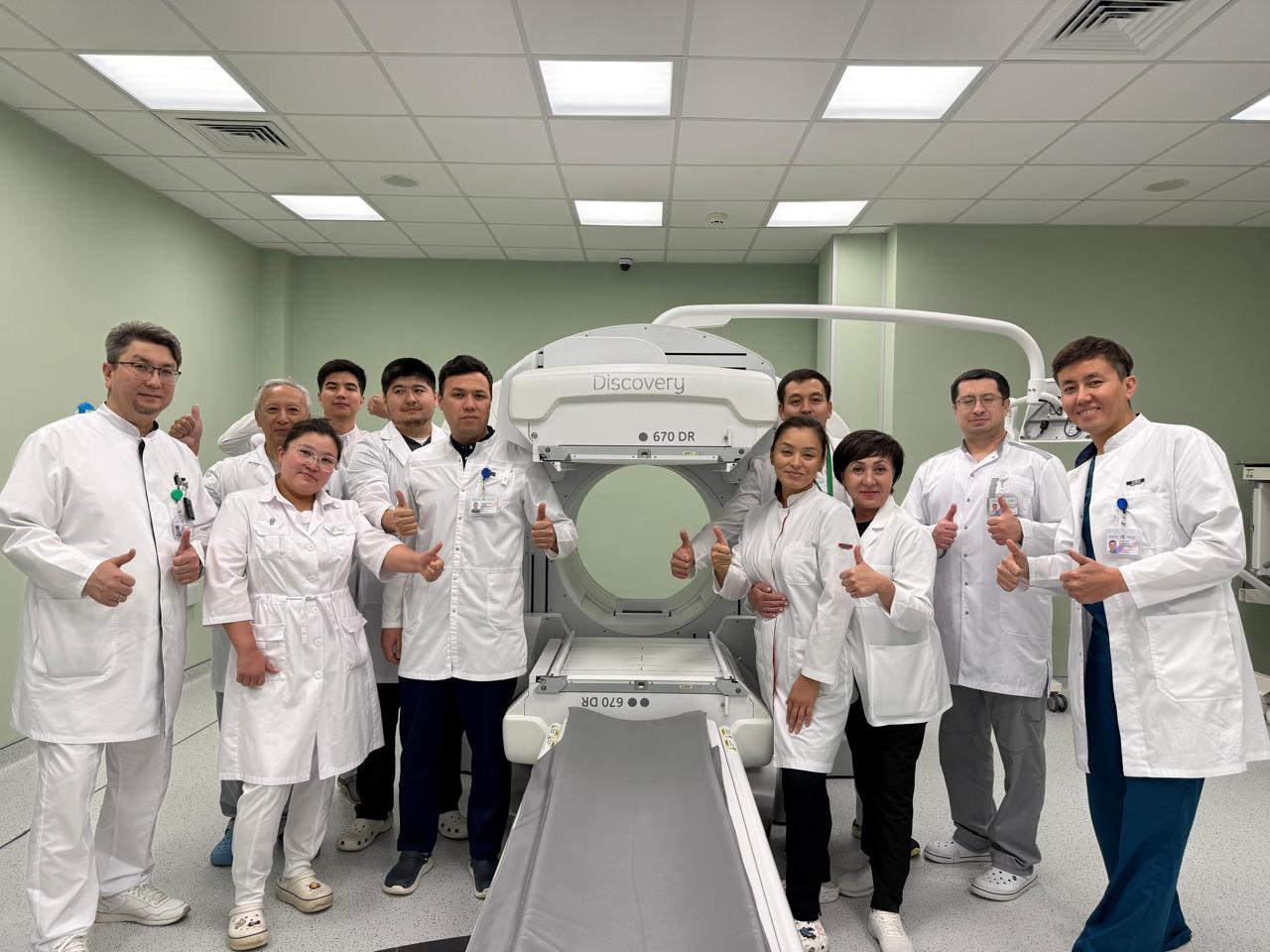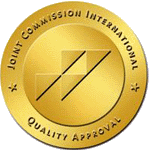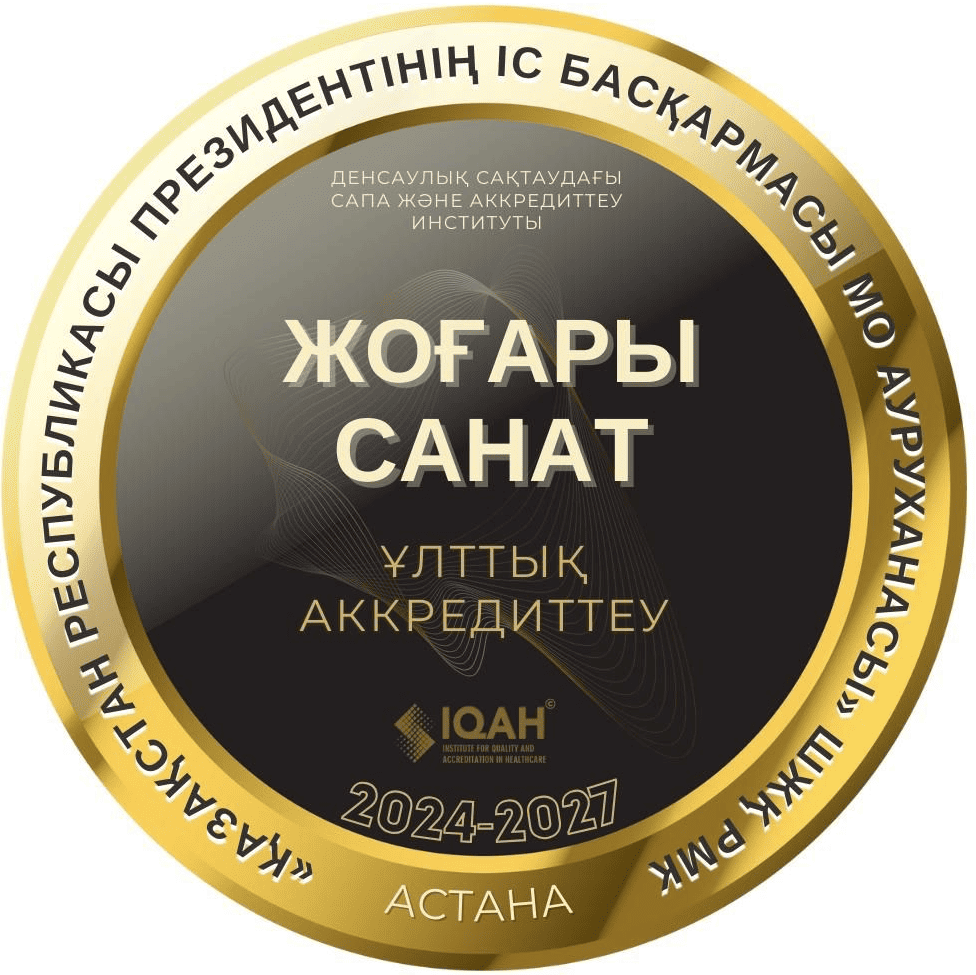Nuclear Medicine: A Step Forward in the Fight Against Cancer

The primary goal of nuclear medicine is the early detection and effective treatment of oncological diseases. This modern field, which studies the body's molecular processes using radioisotopes, is rapidly developing in Kazakhstan.
Nuclear medicine is applied to the diagnosis and treatment of oncological, cardiological, and neurological diseases. Its unique feature is that it investigates not only the body's anatomical structure but also its cellular and biochemical processes. While computed tomography (CT) or magnetic resonance imaging (MRI) reveals anatomical changes, nuclear medicine can visualize functional and biochemical impairments and cellular/tissue metabolism, which means it can detect disease even before the onset of clinical symptoms.
One of the field's key areas is theranostics, which combines diagnostics and therapy. Radioisotopes specifically target tumor cells and destroy them from within, without damaging healthy tissues and with virtually no side effects. For example, radioactive Iodine-131 is used to treat thyroid diseases, while Lutetium-177 is used for prostate tumors and neuroendocrine neoplasms. Samarium-153 helps alleviate pain associated with bone metastases. Notably, treatment with Samarium-153 oxabifore is conducted in Kazakhstan only at the Center for Nuclear Medicine of the Medical Centre Hospital of the President’s Affairs Administration of the Republic of Kazakhstan.
One of the primary methods of nuclear diagnostics is PET/CT, a technology that combines Positron Emission Tomography (PET) and Computed Tomography (CT). The CT maps the structure of organs, while the PET shows their metabolic activity. This scan allows for the precise determination of the tumor's extent, the effectiveness of treatment, and the presence of recurrences. PET/CT with fluorodeoxyglucose is especially effective, detecting the tiniest lesions at early stages. Typically, the examination is conducted upon a physician's referral for suspected cancer or to monitor therapy outcomes.
The Center for Nuclear Medicine of the Medical Centre Hospital of the President’s Affairs Administration of the Republic of Kazakhstan is the largest institution in Kazakhstan and Central Asia, equipped to international standards. Radiopharmaceutical products are actively produced here, which ensures uninterrupted diagnostic operations. Highly qualified specialists work at the Center, and starting in 2025, a residency program in "Nuclear Medicine" has been established. Each year, more than 12,000 patients undergo radioisotope examinations here (including whole-body and head PET/CT, SPECT/CT, and scintigraphy).
The Center for Nuclear Medicine serves as an important scientific and clinical hub for the development of high-technology medicine in Kazakhstan. The stable production of radiopharmaceuticals and adherence to international standards are helping to shape a new era in the nation's healthcare system.




